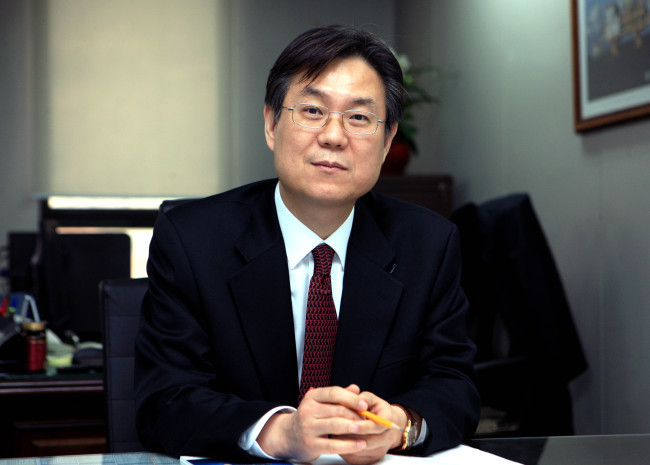Korea’s expansive FTA network creates new investment opportunities
By 손지영Published : Sept. 29, 2015 - 19:21
An Italian company that supplies cosmetics to global beauty brands such as L’Oreal and Estee Lauder has recently decided to build a $1.3 million innovation center in South Korea, and plans to expand such investments to make inroads into the Chinese market.
A Chinese distribution giant has also decided to invest $40 million in a local animation production company to expand its business and reenter the Chinese market.
A Chinese distribution giant has also decided to invest $40 million in a local animation production company to expand its business and reenter the Chinese market.

Such cases show a new, interesting trend in foreign investment in Korea. Rather than targeting the Korean market, these investors are using the local market as a stepping stone to advance into other overseas markets.
Behind this growing trend is the country’s expanding FTA network. Korea has signed FTAs with the world’s three major economies — the U.S., the EU and China — and a total of 52 countries have so far concluded trade agreements with Korea that cover 73.5 percent of global GDP.
Those figures mean that investing in Korea will also open the door to other global markets, such as the U.S. and China, while allowing investors to enjoy the advantages of FTAs including tariff exemption.
Now foreign investors in Korea cannot only enter the domestic Korean market but also target other overseas markets.
Many foreign investors share the same view that combining Korea’s strengths as an investment destination and its expansive FTA network will create significant opportunities.
Along with its excellent human resources, the country is home to leading global companies such as Samsung and Hyundai, which means a steady demand for foreign investors.
In addition, the country ranked 5th out of 189 countries in the World Bank’s Doing Business Index 2015 for its well-settled investment and business systems, and it boasts excellent living conditions including convenient transportation, safe streets, easy shopping and a clean environment.
Investing in Korea will also allow foreign investors to advance into other global markets, including the gigantic Chinese market, allowing them to kill two birds with one stone.
To make the most of the country’s expansive FTA network, the Korean government has striven to attract foreign investment by improving the overall investment climate.
For example, the government announced measures to improve the current foreign investment incentive scheme this March, expanding cash grants and site support for foreign investments in high value-added service industries.
In May, the government began a push for deregulation by identifying 41 unnecessary regulations that hamper foreign investment. Efforts are now underway to abolish these unnecessary regulations, such as a law that limits foreign ownership of local businesses in the aircraft maintenance, repair and operations sector to 49 percent.
In addition, the government has been working on removing relatively small but obstructive regulations on the country’s Free Economic Zones in order to promote the zones as a major business base for foreign investors.
Above all, the government is committed to fundamentally improving the overall investment climate through bold structural reforms in four areas — labor, the public sector, finance and education.
Foreign investors in Korea have expressed concerns about Korea’s rather rigid labor market, while acknowledging the country’s strong potential and appeal as an investment destination.
To address such shortcomings, the government will continue with its efforts to improve the labor market, such as by establishing a wage system that better reflects productivity, based on recent agreements among the government, businesses and labor unions.
Next month, Korea will host “Foreign Investment Week 2015,” where foreign investors and government representatives will get together to discuss ways to promote investment cooperation.
It is my hope that foreign investors can use the event to learn about the improvements being made in the country’s investment environment and find new investment opportunities, so that we can continue working together to boost our future potential and create quality jobs.
By Lee Kwan-sup
The writer is the first vice minister of trade, industry and energy. The views reflected in the article are his own. -- Ed.











![[Hello India] Hyundai Motor vows to boost 'clean mobility' in India](http://res.heraldm.com/phpwas/restmb_idxmake.php?idx=644&simg=/content/image/2024/04/25/20240425050672_0.jpg&u=)







